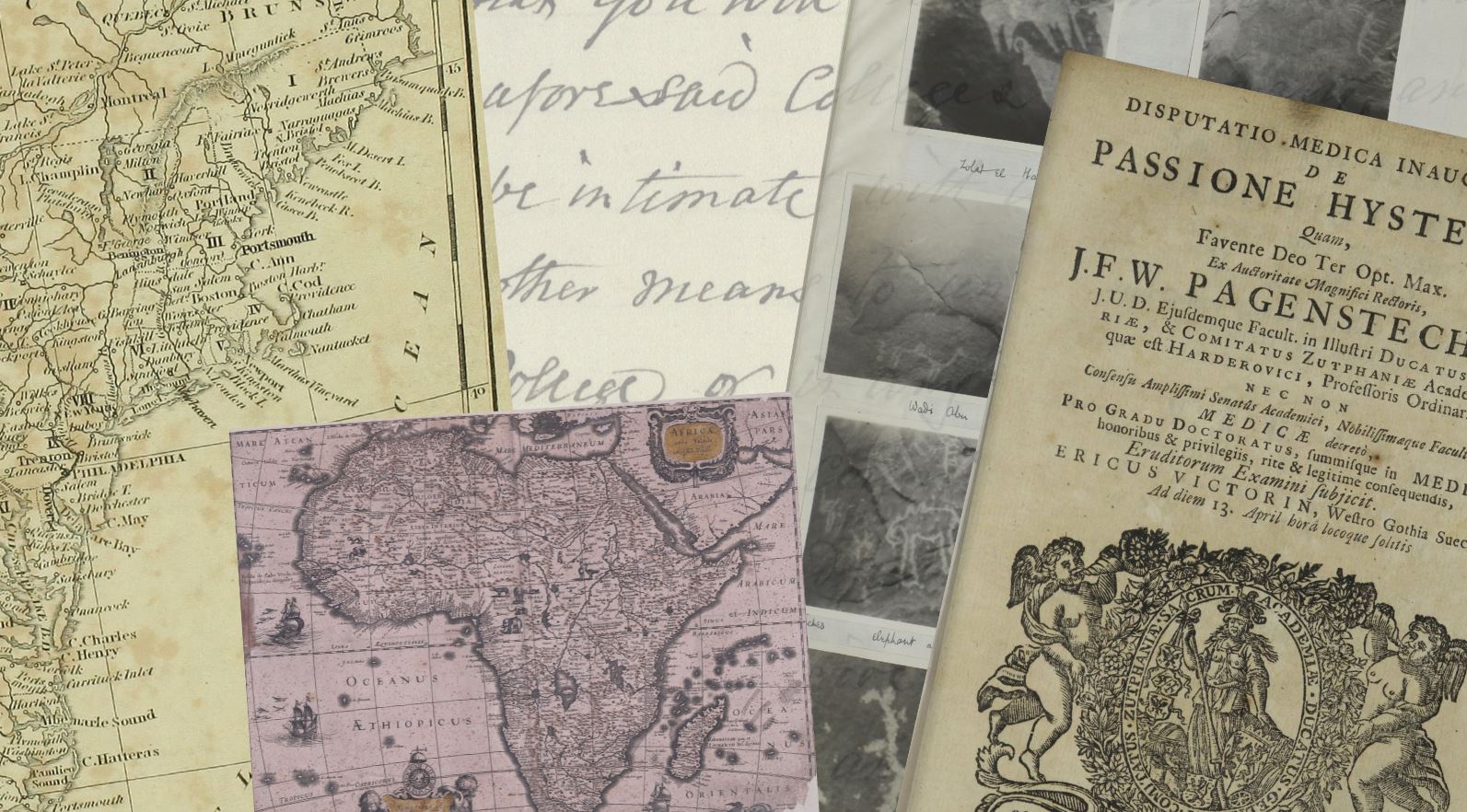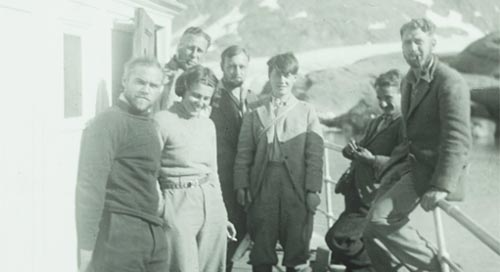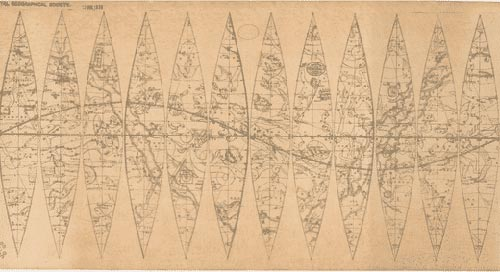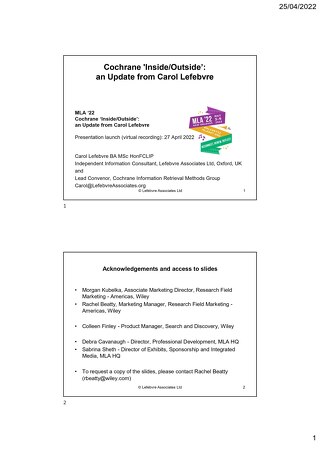what-can-we-learn-from-the-history-of-medicine-this-world-health-day
April 05, 2022
World Health Day was established 72 years ago today by the WHO to celebrate their founding and spotlight global health issues.
See how far medical science has come over the years by diving into some primary source examples below from the Royal College of Physicians on Wiley Digital Archives. These digitized documents allow researchers to track medical progress and illustrate how the past helped lay the foundation for modern medicine.
If you have any questions about Wiley Digital Archives please contact us.















